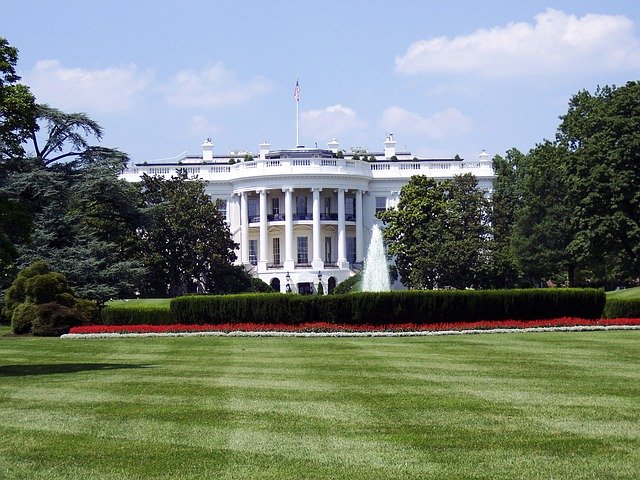WHAT IS FEDERALISM?
The question – what is federalism – if often one of the hottest topic when it comes to politics. Federalism is an amalgam or composite mode of government in which a central authority governs both state and federal governments. The unique feature, first manifested in the U.S. Constitution of 1791, is an equal relationship of equality between the state and the federal levels of government.

Although this principle has been applied to a large number of states in all parts of the U.S., the most significant areas of influence are in Illinois, Massachusetts, New Jersey, and Wisconsin.
Federalism in the state level has a strong affinity with a wide range of progressive social-issue issues. In the most progressive states, such as California, Connecticut, Rhode Island, and Washington, a federal role is exercised by the federal government in a broad spectrum of social issues. This includes issues related to civil rights, reproductive rights, poverty alleviation, education, labor relations, and environmental policy.
Federalism at the municipal level is often combined with federalism at the state level in the form of local government autonomy. While the relationship between federal and local governments is not always perfect, there is a marked difference between these two forms of government. For instance, in Chicago, a municipal form of governance is in place, whereas in other cities across the nation local leaders exercise a significant degree of control over matters such as transportation planning and zoning laws. It is very difficult for a city’s elected officials to pass major legislation without first consulting with the mayor and/or city council.
Federalism at the state and federal level is also practiced in some form in more conservative states. The main reason for this is a sense of social solidarity among members of a rural community. The result is that there tends to be a strong connection between local and national institutions, such as public schools, healthcare agencies, and even government agencies.
Social issues associated with federalism are sometimes referred to as progressive federalism. Such issues include income distribution, health care policy, social welfare programs, and taxation. The term progressive is used to refer to issues that have a progressive effect on society as a whole. An example of an issue that would fall under this category would be universal health care.
When considering the future of America, federalism provides a unique opportunity to look at what problems are best solved through a mixture of federal, state, and local resources. In particular, many states in the U.S. are working hard to develop an infrastructure and education system that will benefit their citizens. As a result, they are also working hard to foster strong economic growth through the effective management and regulation of these resources.
What Is Federalism? It is an important aspect of a nation’s politics and the Constitution is the key to understanding how the Federal government functions.
Federalism is basically a combination of different types of government; a mix or compound form of government. Its unique feature, first adopted in the Constitution of the U.S. of 1787, is an equal relationship of equality between both the federal and the state governments established. The basic principle in Federalism is the rule of law and separation of powers. This concept was also recognized and advocated by all the political philosophers and economists, as well as the founders of the Roman Republic and their followers.
Federalism, as a mixture or combination of several modes of government, is a “distinct system” of government. Federalism as a separate system of government has its roots in the French Revolution. When the French Revolutionists were ruling France, they set up in their city-state’s various forms of constitutional government; the French Constitution did not recognize any particular form of government. It was because of this fact that the French were capable of organizing the best government of any country in the world.
Federalism as a mixture of several different forms of government was later adopted by many of the countries which became independent. It is also referred to as “confederal” federalism or even “federal union”. As we have already seen, Federalism, in fact, is an idea derived from the French Revolution.
Federalists were supporters of Federal Monarchy. This is the type of government we have today, where a monarch is the ruler, and he rules his country or his constituent states by law. The most prominent supporters of this type of government were the English clergy and the aristocrats. Later on, it was adopted by the Americans, who were primarily Puritan. Puritanism was a religious movement in the early Colonies. The English Puritans considered that a government should be established under the control of the Bible and not the law of man. As a result, in America, we have a Constitution, a form of law called the Common Law, which governs our nation.
Many believe that there are three kinds of governments, the first is the constitution of the states, then the constitution of the country and finally, a constitution of the whole country. In the constitution of the states the state governments have equal status with the federal government. Some people regard this as the “functional” form of federalism. This means that each of the three forms has its own rights, functions and a separation between them. Other people regard it as an unstable type of state-federalism, where a part of the state’s secedes from the other, while others secede from the whole.
So now you know the basics of what is federalism in the political point of view. I believe federalism has its own advantages and disadvantages. Whatever it may be, it would still be a matter of argument on those who are affected by it.
